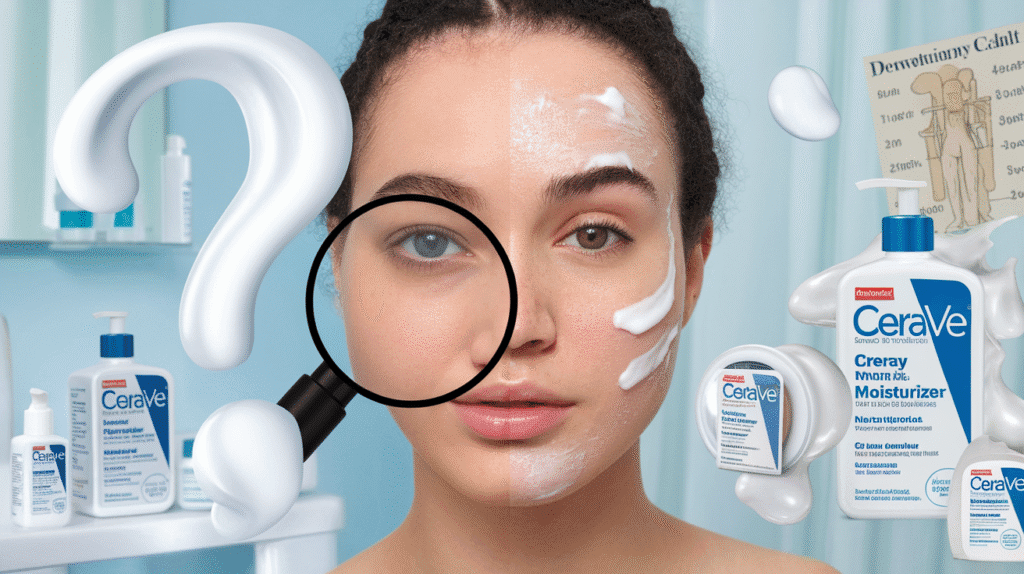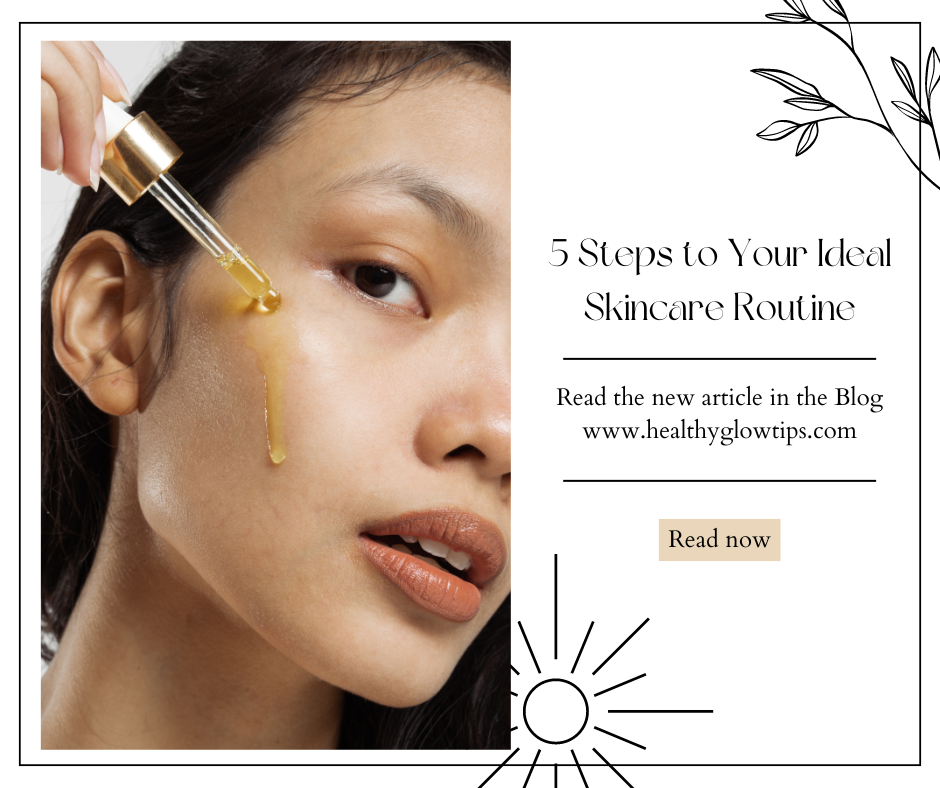Does CeraVe Cream Cause Acne? Find Out!

Introduction
There are few ingredients that have caused as much of a fervor in skincare as ceramides (an important ingredient in this moisturizer) and for good reason. Hardworking yet gentle, this rich cream is known as many a skincare nerds’ favorite. It’s a dermatologist-created formula,this product helps keep your skin hydrated and protected. But, with increasing number of people using it, its impact on skin prone to acne is being questioned.
It is extremely important to know how skincare products affect our skin. One person’s cure-all is another person’s nightmare—particularly when it comes to acne-prone skin. In this post, we’ll delve into the connection between CeraVe cream and acne, allowing for more insight on whether or not this product is a good option for your skin.
What is Acne?
Definition and causes
Acne: A skin condition affecting about 17 million Americans that causes pimples, blackheads and whiteheads. Clogged hair follicles occur when oil and dead skin cells build up. There are a lot of things that can cause acne:
- Excess oil production
- Bacteria
- Hormonal changes
- Certain medications
- Stress
The way skincare products can impact acne
Quality of skincare products may have a considerable influence on one’s acne condition. Some can clog pores and lead to even more breakouts, while others may help control excess oil and decrease inflammation. The trick is to identify products that work well on your skin type and do not cause acne.
CeraVe Cream Deep Dive
Key ingredients analysis
There are a few things that make CeraVe moisturizing cream worth the money:
- Ceramides are fats that help skin keep moisture and maintain its barrier structure.
- Hyaluronic acid: The ingredient acts as a moisture magnet, pulling water to the surface of the skin to achieve hydration.
- Glycerin: A humectant that keeps skin hydrated.
* Petrolatum: Offers a protective barrier to the skin.
Product composition and benefits
The cream is non-comedogenic, so it is made not to block pores. It is safe for sensitive skin and does not have any fragrance. The product is designed to deliver up to 72 hours of hydration and support the skin’s moisture barrier.
Acne and Moisturizers
Significance of moisturizers in acne treatment
Despite what you may think, some moisturizers are actually good for acne prone skin. Hydrating properly will aid to balance the production oil and help healing the skin. Moisturized skin is less prone to producing excess oil that can contribute to acne.
Mistakes people make with moisturizers
It’s a common misconception that people with acne should avoid moisturizers. But the truth is that they rarely do. It just depends on which moisturizer you use for your skin type. Oil free and non comedogenic moisturizers are usually good for acne skin.
Is CeraVe Cream Acne Causing?
A Look at How CeraVe Works for Acne-Proned Skin
By ingredients and formulation, CeraVe cream should not cause acne for most individuals. It’s made with a non-comedogenic formula, so it doesn’t clog your pores. But of course like all skincare, YMMV.
Real users review and experiences
Some people with acne-prone skin rave about CeraVe cream. They frequently comment that their skin hydration feels better, but they didn’t experience more breakouts. But some people have broken out, reflecting its need for patch testing and individual skin sensitivities.
“Been using CeraVe cream for months helping me to stay hydrated without getting new breakouts.” – Sarah, 28
How to Apply Moisturisers on Acne Prone Skin
Application best practices
- Wash your face before putting on moisturizer then.
- Small amount goes a long way.
- Used on damp skin to keep in the moisture.
* If you use treatments for acne, use them before moisturizer.
Sensitive Skin Alternatives
If CeraVe cream isn’t doing it for you, here are other products to consider:
- Gel-based moisturizers
- Lightweight lotions
- Products made for sensitive, acne-prone skin
Conclusion
Most people shouldn’t experience breakouts as a result of CeraVe cream, but everyone’s skin is different. Non-comedogenic and packed with nourishing ingredients, it’s suitable for most, particularly the acne prone. But if you have concerns about how any skincare product will impact your acne, they advise seeing your dermatologist. They can also give advice tailored to your exact skin type and concerns.


